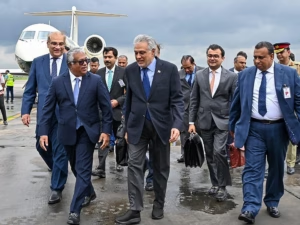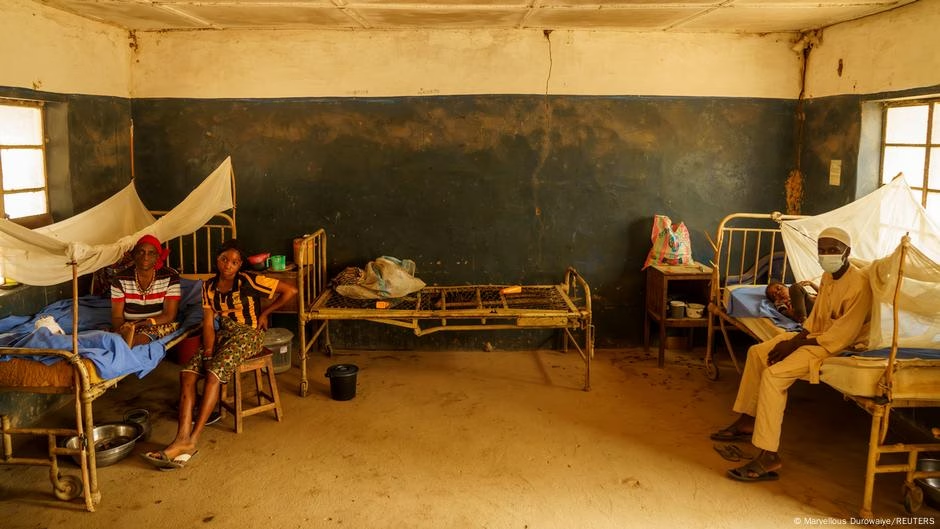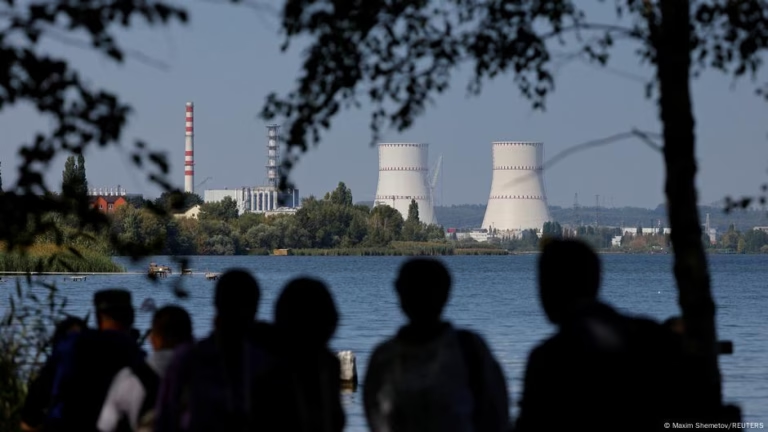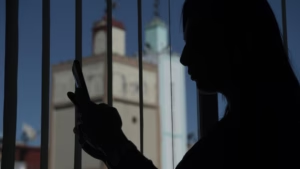The World Health Organization (WHO) has announced the delivery of leprosy medications to Nigeria following a year-long delay. Reuters reports that a spokesperson for the UN, Beatriz Miranda-Galarza, cited testing issues and systemic weaknesses as causes for the delay. The drugs are expected to arrive in Nigeria on Sunday.
Nigeria, the most populous country in Africa, receives over 1,000 new leprosy cases annually. The disease, caused by Mycobacterium leprae, affects the skin, nerves, and eyes and can be treated with multidrug therapy (MDT). Without treatment, patients may suffer from disfiguring sores, blindness, and paralysis.
Before last year, Awwal Musa shared with Reuters that his wounds were healing, but now they have worsened due to a lack of medicine. His fingers are deformed, and his legs are discharging pus.
Leprosy is present in 12 countries, with the highest burdens in Nigeria, Brazil, India, and Indonesia, which report between 1,000 and 10,000 cases annually.
The Swiss pharmaceutical company Novartis manufactures and donates leprosy drugs to WHO. A spin-off company produces the drugs in India and sends them for further testing in Nigeria’s National Agency for Food and Drug Administration and Control (NAFDAC).
India-based laboratory Quontrol informed Reuters that the drugs were submitted for testing in Nigeria in November and approved in December 2024. Nigeria’s Leprosy Control did not provide any details on the cause of the delay.
Each country must request doses of leprosy drugs, which are administered across a year. Health officials in Nigeria mentioned that the country submitted its request late, resulting in a delay and a subsequent shortage.
Source: https://www.dw.com/en/nigeria-to-get-leprosy-drug-after-a-yearlong-delay-report/a-71855798?maca=en-rss-en-all-1573-rdf








